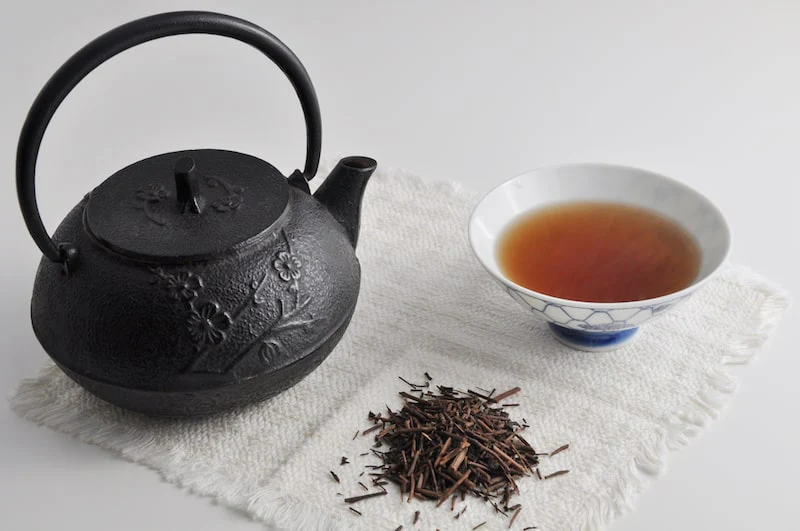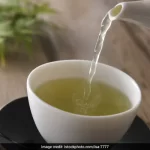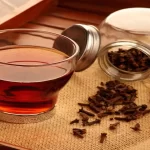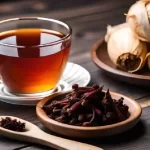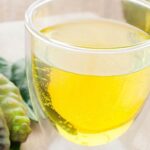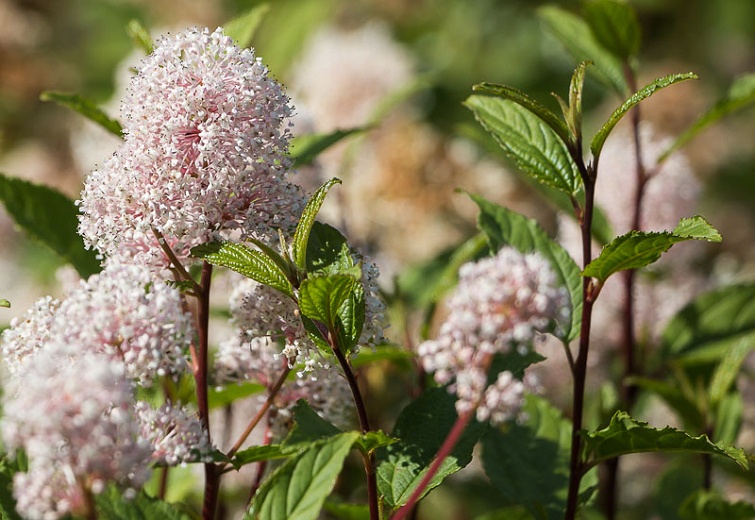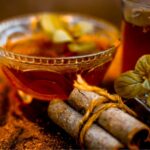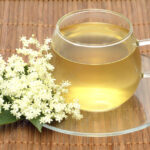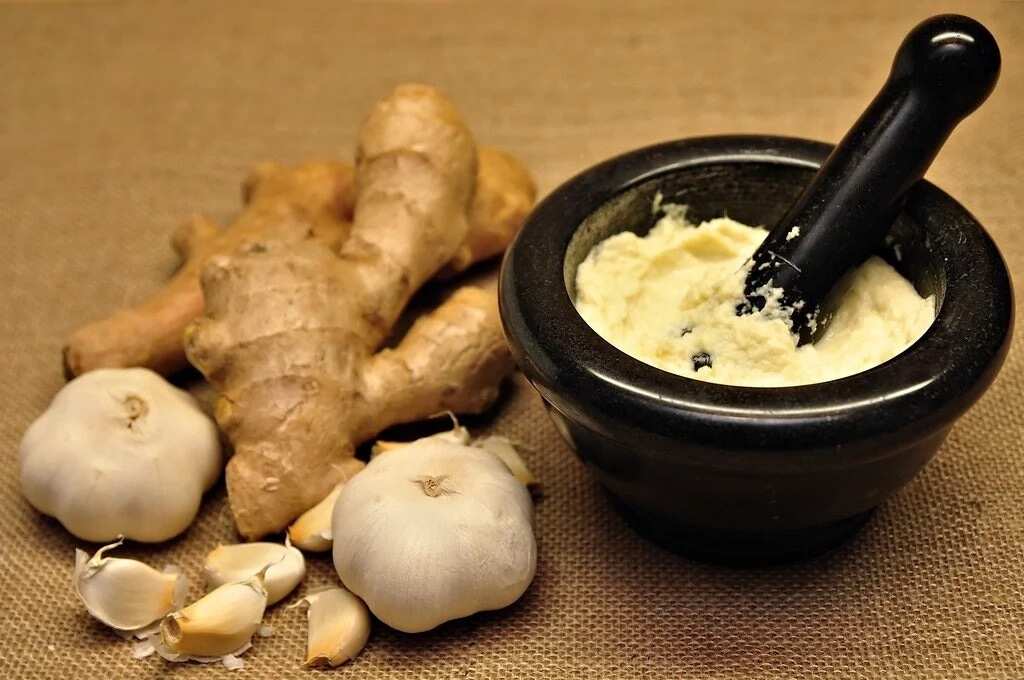Amazing Hojicha Tea Benefits
You should know Hojicha Tea Benefits as it stands out as a unique variety of green tea originating from Japan. Unlike the conventional Japanese green teas that are typically processed by steaming the leaves, hojicha takes a different route—it’s crafted through a meticulous roasting process.
This distinctive method imparts hojicha with its own characteristically rich flavor profile and inviting aroma, elevating it to a distinct status among tea aficionados. Moreover, this roasting process isn’t just about taste; it also unlocks a plethora of remarkable health benefits.
What does Hojicha taste like?
Hojicha tantalizes the taste buds with its warm, toasty notes, reminiscent of roasted nuts and cocoa. Its innate sweetness is balanced delicately with a minimal hint of bitterness, rendering it a delightful sensory experience that’s both comforting and indulgent.
How does Hojicha differ from sencha or matcha? The primary contrast between sencha and matcha lies in their appearance. While both are categorized as Japanese green teas, matcha boasts a vibrant green hue.
The intensity of this color diminishes with lower-grade matcha varieties. Explore the comprehensive differences between sencha and matcha here.
Conversely, Hojicha presents itself with a reddish-brown coloration (refer to the image below illustrating the disparity between Hojicha and Sencha). This color may vary based on whether the tea originates from Sencha, Bancha, or Kukicha green tea.
In terms of aroma, matcha exudes a more vegetal scent, whereas Hojicha, in its roasted green tea manifestation, offers a distinct earthy umami aroma. While matcha tends to carry a notable bitterness, Hojicha delights the palate with a sweeter, sometimes even smoky, flavor profile.
Notably, Hojicha contains significantly less caffeine than matcha, with approximately 0.13 grams of caffeine per 100 grams, in contrast to matcha’s higher caffeine content of around 3.2 grams per 100 grams.
While Hojicha tea leaves undergo steaming before the drying process, matcha is crafted by finely grinding dried leaves into a powder. Although Hojicha can also be ground into powder form, it is typically found in loose tea format.
Details on Hojicha Tea Benefits
Why do Japanese people love Hojicha so much?
Japanese households hold hojicha in high regard for several compelling reasons. The following are the hojicha tea benefits you should know:
- Low Caffeine Content: Through the roasting process, hojicha sheds much of its caffeine content, making it an ideal choice for individuals seeking a more mellow tea experience, especially during the evening hours when a serene bedtime beckons.
- Promotes Relaxation and Calmness: Hojicha boasts an abundance of L-theanine, an amino acid celebrated for its calming effects on both body and mind. This naturally occurring compound fosters a sense of relaxation and tranquility, serving as a welcome respite from the stresses of daily life.
- Supports Digestive Health: Packed with catechins, hojicha extends its benefits to digestive well-being. These catechins aid in the digestion process and may even lend a hand in boosting metabolism, promoting a healthier digestive system overall.
- Anti-Aging Properties: Laden with antioxidants, hojicha emerges as a formidable ally in the battle against free radicals—a common culprit behind premature aging and skin damage. By neutralizing these harmful molecules, hojicha helps safeguard the skin, nurturing a radiant and youthful complexion.
- Strengthens the Immune System: Harnessing antibacterial and antimicrobial properties, hojicha fortifies the body’s defenses against harmful pathogens, thereby bolstering the immune system’s resilience and efficacy in warding off illnesses.
- Promotes Oral Health: Beyond its internal benefits, hojicha contributes to oral hygiene by combatting bacteria and preventing the onset of cavities and halitosis, ensuring a confident and refreshing smile. This is one of hojicha tea benefits.
Brewing Hojicha for Optimal Flavor
Achieving the full taste and aroma of Hojicha requires a specific brewing technique. When done correctly, this process not only unlocks the tea’s benefits but also ensures a satisfying experience for the drinker.
Begin by selecting a suitable teapot equipped with an internal mesh to prevent leaves from escaping while allowing them to infuse freely. This ensures a consistent flavor and strength.
Temperature control is crucial. After boiling the water, let it cool to the ideal temperature. Using filtered water enhances smoothness and flavor.
Adjust the temperature according to the grade of the tea. Lower-grade Hojicha requires a higher brewing temperature, while premium Hojicha is best brewed at around 190°F or 90°C.
Tailor the amount of tea leaves to match the cup size. This ensures the desired strength of the brew, whether light or robust.
Traditionally, Hojicha is served in small Japanese cups, but it can also be enjoyed in larger mugs according to personal preference.
Store Hojicha in an airtight container in the refrigerator to maintain freshness and flavor.
Brewing Hojicha is an art that focuses on the enjoyment of the drinker, offering a sensory experience enriched by careful preparation and appreciation of its unique qualities.

The Everyday Tea (Hojicha Tea Benefits):
In the cultural tapestry of Japan, hojicha transcends its role as a mere beverage; it assumes the status of an indispensable daily companion.
Whether enjoyed alongside meals, as a soothing interlude during moments of relaxation, or simply as a cherished ritual to mark the end of the day, hojicha occupies a cherished place in the hearts and homes of many.
Thus, for those seeking a tea that marries exceptional flavor with an array of health-enhancing properties, hojicha beckons as a delightful and nourishing choice worthy of exploration.
Finding High-Quality Hojicha Regardless of Your Location
When on the hunt for Hojicha tea, the optimal approach involves engaging multiple senses—touch, smell, and sight—to assess the leaves firsthand. Tea shopping is a deeply immersive and sensorial experience, offering enjoyment for every aspect of your being.
In instances where physical shopping isn’t feasible, numerous reputable online tea vendors offer Hojicha for purchase. Prioritize perusing customer reviews and scrutinizing finer details such as leaf preparation methods and cultivation origins.
Brand credibility carries weight, and reputable online tea merchants typically furnish product images, enabling informed decision-making based on visual cues.
A diverse array of establishments, including tea shops, tearooms, supermarkets, and health food stores, serve as reliable outlets for acquiring Hojicha tea.
For novices navigating the Hojicha purchasing process, initial assessments often rely on the tea’s color and aroma as primary indicators of quality.
Expanding on the Health Benefits of Hojicha Tea
Indulging in a cup of Hojicha tea brings forth a multitude of advantages for overall well-being. Renowned for its rich antioxidant content, Hojicha acts as a potent ally in purging the body of unwanted free radicals, contributing to a natural cleansing and detoxification process.
By scavenging harmful molecules, these antioxidants play a pivotal role in safeguarding cellular health and fortifying the body’s defense mechanisms.
Moreover, the abundance of antioxidants in Hojicha exerts a profound impact on skin health, effectively combatting the visible signs of aging. By neutralizing oxidative stress, these compounds help maintain skin elasticity and vitality, bestowing a youthful radiance that belies the passage of time.
Beyond its antioxidant prowess, Hojicha harbors another secret weapon in the form of L-Theanine—an amino acid renowned for its ability to enhance cognitive function and alleviate stress.
While the act of savoring a warm cup of tea inherently fosters relaxation, the presence of L-Theanine in Hojicha accentuates this effect, promoting mental clarity and tranquility.
By modulating blood pressure and cortisol levels, L-Theanine instills a profound sense of calmness and equilibrium, nurturing both mind and body.
The aromatic allure of Hojicha further enhances its stress-reducing properties, enveloping the senses in a cocoon of soothing fragrance that eases tension and promotes serenity.
Furthermore, Hojicha contributes to cardiovascular health by virtue of its high catechin content. These potent compounds aid in lowering cholesterol levels, thereby mitigating inflammation and reducing the risk of heart disease.
Additionally, Hojicha’s role as a weight loss aid stems from its catechin content, which supports metabolism and promotes fat oxidation, making it a preferred choice for those seeking to manage their weight effectively.
For individuals sensitive to caffeine, Hojicha emerges as a welcome alternative to traditional caffeinated beverages. Offering a natural energy boost devoid of the jittery side effects associated with caffeine, Hojicha invigorates the body and mind, revitalizing energy levels without compromising on tranquility or balance.
In the realm of caffeine content, Hojicha stands as a gentle companion, offering a mere 7.7 mg per cup compared to the robust 95 mg found in a typical serving of coffee.
This modest dose provides a subtle, uplifting boost devoid of any adverse side effects, making it an ideal choice for those seeking a milder stimulant experience.
With roots steeped in centuries-old tradition, Hojicha has traversed time to emerge as a beloved beverage cherished worldwide. In an age defined by technological advancements, the accessibility afforded by online shopping has propelled its popularity to new heights, transcending geographical boundaries and introducing its delights to global audiences.
Whether embarking on a maiden voyage into the world of Hojicha or already a devoted enthusiast, its allure lies in its versatility and therapeutic attributes. From its nuanced flavor profile to its myriad health benefits, Hojicha captivates the senses and nourishes the body and soul alike.
Central to the enjoyment of this esteemed tea is the art of preparation—an endeavor that demands patience and reverence for its storied origins and meticulous crafting process.
In a world characterized by hustle and bustle, indulging in a cup of tea offers a sanctuary of tranquility, inviting one to pause, reflect, and savor the fleeting moments of respite amidst the chaos.
YOU MAY LIKE: Heart Failure Symptoms
Hojicha Q&A
What is Hojicha?
Hojicha represents a distinctive Japanese green tea variety, set apart by its roasting process. Unlike other Japanese teas, which are typically steamed, Hojicha undergoes roasting in a porcelain pot over charcoal, resulting in its characteristic dark reddish-brown hue.
What does Hojicha mean?
The term “Hojicha” derives from the Japanese verb meaning “to roast.”
Is it Hojicha or Houjicha?
In its literal Japanese spelling, Hojicha includes the character “ほうじ茶,” where the “う” symbolizes the “u” sound. However, when translated into English, this combination simplifies to “Hojicha.”
Is Hojicha green tea?
Yes, Hojicha falls under the umbrella of roasted Japanese green teas. Regardless of whether it originates from Sencha, Bancha, or Kukicha leaves, the final roasted product is universally referred to as Hojicha.
How is Hojicha harvested and processed?
Hojicha tea leaves and stalks hail from sun-grown Japanese green tea varieties such as Sencha, Bancha, and Kukicha. Following cultivation in open fields, the leaves undergo steaming to halt oxidation.
However, in the case of Hojicha, they are subsequently roasted at high temperatures in a porcelain charcoal pot until they adopt a brownish-red hue and emit a distinctive smoky aroma.
How is Hojicha roasted?
Tea leaves and stalks are placed within a large porcelain pot situated over burning charcoal, where they are meticulously roasted until they transform into a reddish-brown color and emit a tantalizing smoky fragrance. The intense heat also serves to reduce caffeine and tannin levels, rendering Hojicha a suitable option for those seeking a decaffeinated beverage.
Is roasted green tea healthy?
Indeed, roasted green tea boasts numerous health benefits. Rich in catechins and antioxidants, it aids in metabolism, fat burning, digestion, cholesterol reduction, toxin elimination, blood pressure regulation, and mood enhancement. Moreover, its minimal caffeine content ensures consumption without the typical side effects associated with caffeine consumption.
What type of tea is Hojicha?
Hojicha is categorized as a roasted Japanese green tea, distinguished by its unique smoky aroma, roasted flavor, and reddish-brown coloration.
From where does Hojicha originate?
While many tea varieties trace their roots back centuries in Japan, Hojicha emerged relatively later, debuting in the 1920s in Kyoto, Japan. Its popularity surged within Japan due to its distinctive attributes, later spreading to other regions post-WWII.
How is Hojicha different from Sencha or Matcha?
Hojicha distinguishes itself from Sencha and Matcha on various fronts. Notably, Sencha boasts a dark green color, Matcha a bright green hue, and Hojicha a reddish-brown tone. Aromatically, Sencha and Matcha exude grassy and vegetal scents, whereas Hojicha emanates a smoky and earthy aroma.
Furthermore, caffeine content differs significantly, with Matcha containing the highest levels, followed by Sencha, and Hojicha with a mere 7.7mg per cup.
How is Hojicha different from Chinese roasted tea?
The differentiation between Hojicha and Chinese roasted tea lies primarily in their processing methods. While Chinese teas undergo roasting to halt oxidation, Hojicha leaves are first steamed, then roasted to achieve their distinctive aroma and flavor. Additionally, variances in cultivation contribute to divergent taste profiles in the brewed teas.
How to brew Hojicha properly and for the best flavor?
Brewing Hojicha to perfection requires attention to water temperature, as slight variations can yield different taste profiles. Start by boiling filtered water, then allowing it to cool to 90 degrees Celsius. Add one teaspoon of Hojicha leaves per cup to a teapot, pour in the warm water, and steep for 30 seconds. Serve and savor the smoky, earthy sweetness.
What does Hojicha taste like?
Hojicha tantalizes the palate with its bold and rich smoky flavor, underscored by subtle hints of natural sweetness. The roasting process eliminates bitterness typically associated with green tea, resulting in a uniquely smoky and earthy taste.

A graduate of Computer Science and Information Management Technology. Diploma – Caregiving, Certificates – Dementia and Diabetes Awareness and Management. A researcher, blogger, songwriter, singer and acoustic guitarist. Born in an environment where natural talents such as healing are imparted at our natural birth. This natural talents of healing is the result of our genetic inheritance and the training from family environment.

